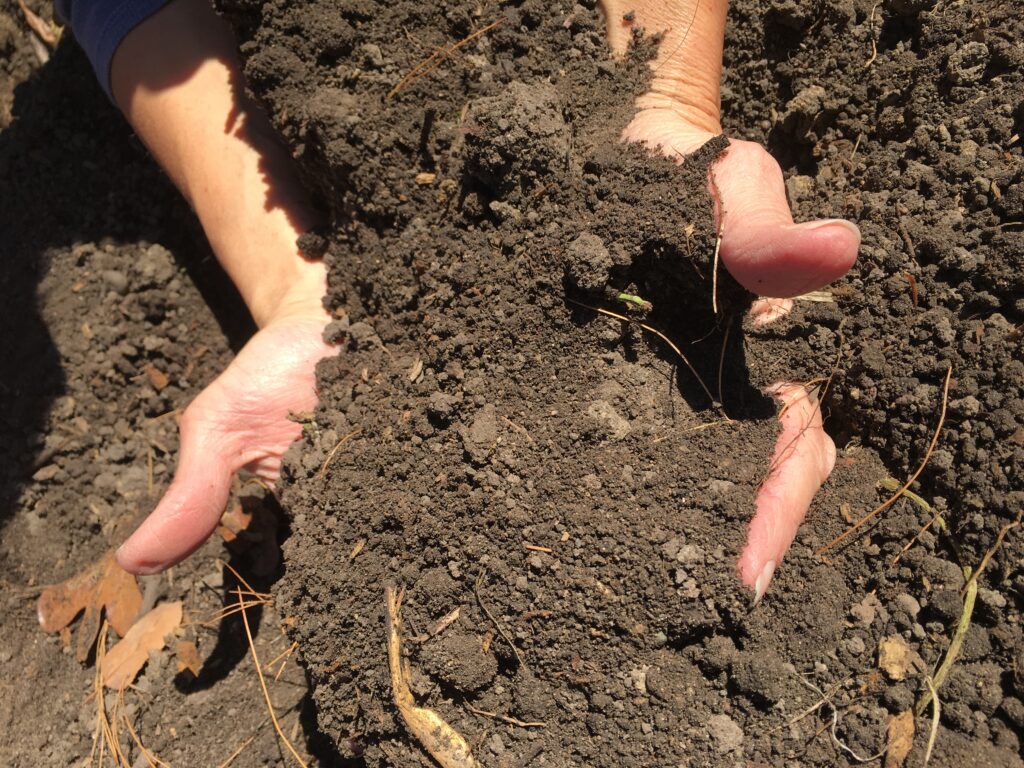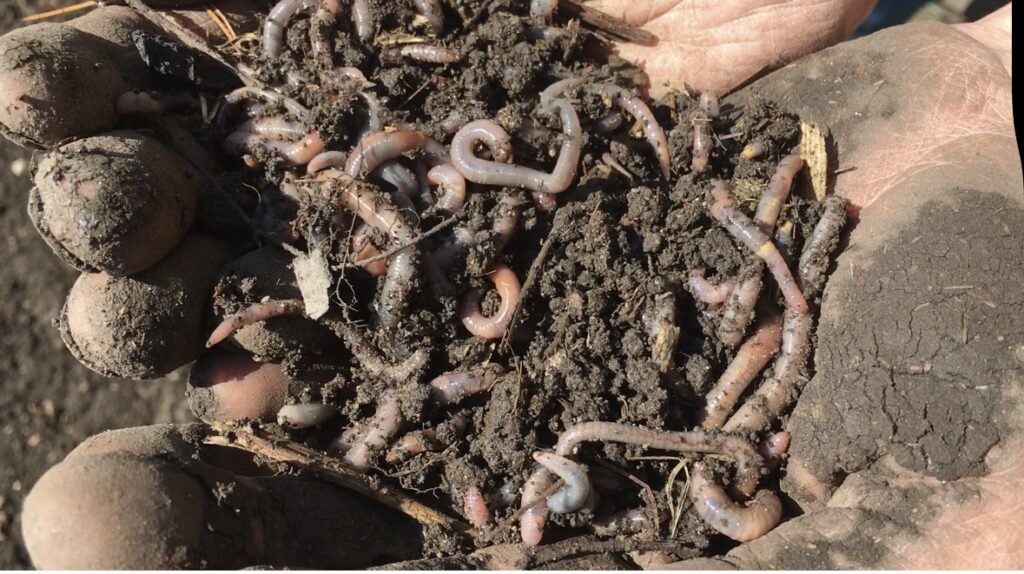Dear Friends,
CLICK HERE TO LISTEN TO THIS WEEK’S PROGRAM:
(00:43) Gulf of Iowa Topsoil;
(12:13) Who gets to bail as the US Titanic flounders?
(25:12) How one pipeline fight helped another;
(40:11) Why are Republicans afraid of ranked choice voting?
(53:59) April garden Q & A, with Kathy Byrnes.
Ok, so there’s farmers, and there’s farm managers. Being a small-is-beautiful guy, I’d rather see more farmers than farm managers. But there are big farms and there will be big farms. So there will be farm managers. What we need is for everyone involved in agriculture to embrace sustainable practices.
Last week, one of my program contributors shared a story about a farm manager who took over operation of several farms 25 years ago. The manager told farmers renting land from him that, instead of tilling in the fall, they would be required to sow cover crops.
Some farmers didn’t like that. But the farm manager tells of one farmer who hasn’t applied chemical fertilizers for eight years. His yields are the same or better than when he used chemicals. He was able to sell off some machinery that was no longer needed. His costs are less and his profits are up. Most important, his soil is being enriched instead of degraded.
I’ll quote from a note this farm manager sent to my program contributor: “Little by little we’re restoring the soils and building up the organic matter. When our fields were first converted from forests about 160 years ago, the organic matter was around 8%. But after 150 years of tilling, that organic matter is now around 2 to 3%. By using cover crops, the organic matter is continuously replenished.”
[Pics of me getting my hands dirty in our rich Birds & Bees Urban Farm soil. How rich? Behold the worms!]

This is a big deal because our soils are in trouble. A study done three years ago found that Iowa has lost 57.6 billion metric tons of topsoil since the prairies and woodlands were removed to make Iowa safe for corn and soybeans. Most of that soil has taken a trip down the Mississippi River, where it’s created a dead zone in the Gulf of Mexico the size of New Jersey.
Yup. I said Gulf of Mexico. Oh, don’t get me wrong. I’m in favor of changing — to Gulf of Iowa Topsoil.
So, a tip of the seed cap to the farmers, farm managers, soil and crop scientists, home gardeners, and others who not only see the problem but are taking action.
Action by “the little guy and gal” — that’d be farmers like me and Kathy — is important, too. On our tiny holding we have no erosion and very little waste. Food scraps and weeds feed the rabbits and chickens, whose manure and bedding fire up our composters. The leaves we rake in the fall provide carbon for composting.
Branches and tree limbs that come down feed the fires we sometimes use to cook.
Our chicken coop and rabbit hutches are built almost entirely with recycled material.
I realize we go further than most people are willing or able to go. Not everyone can do this.
Bottom line, even though Kathy and I live in the city and see plenty of signs of soil degradation on our micro-farm, we’ve been able to restore soil fertility through composting and proper nutrient management.
So, big or small, whether your operation is thousands of acres, ten acres, a quarter of an acre, or a couple of pots, think of soil as your primary crop. It all starts with that.
Here in the Heartland, home to some of the richest soils in the world, it’s encouraging to see more and more people, like this farm manager, jumping on board the sustainability wagon.
Thanks for reading, listening, and taking action. — Ed Fallon
*******
In addition to our PODCAST, listen to the Fallon Forum on these affiliates:
– KHOI 89.1 FM (Ames, Iowa)
– KICI.LP 105.3 FM (Iowa City, Iowa)
– WHIV 102.3 FM (New Orleans, Louisiana)
– KPIP-LP, 94.7 FM (Fayette, Missouri)
– KCEI 90.1 FM (Taos, New Mexico)
– KRFP 90.3 FM (Moscow, Idaho)
– WGRN 94.1 FM (Columbus, Ohio)
